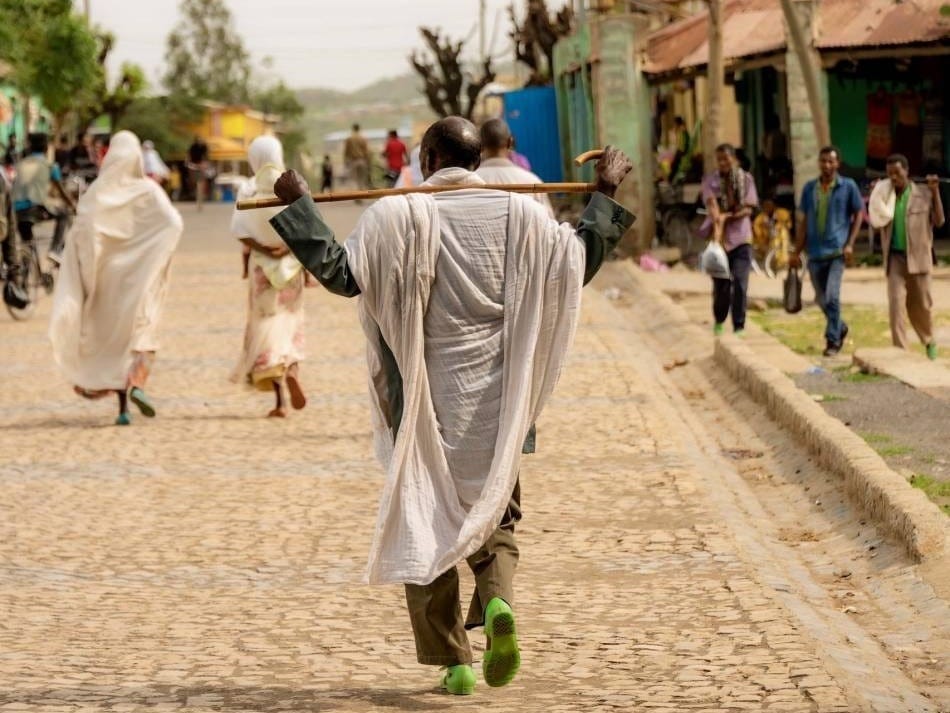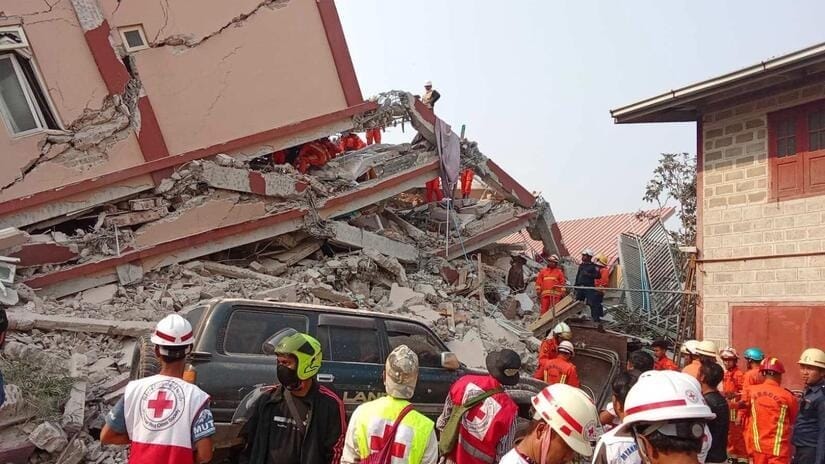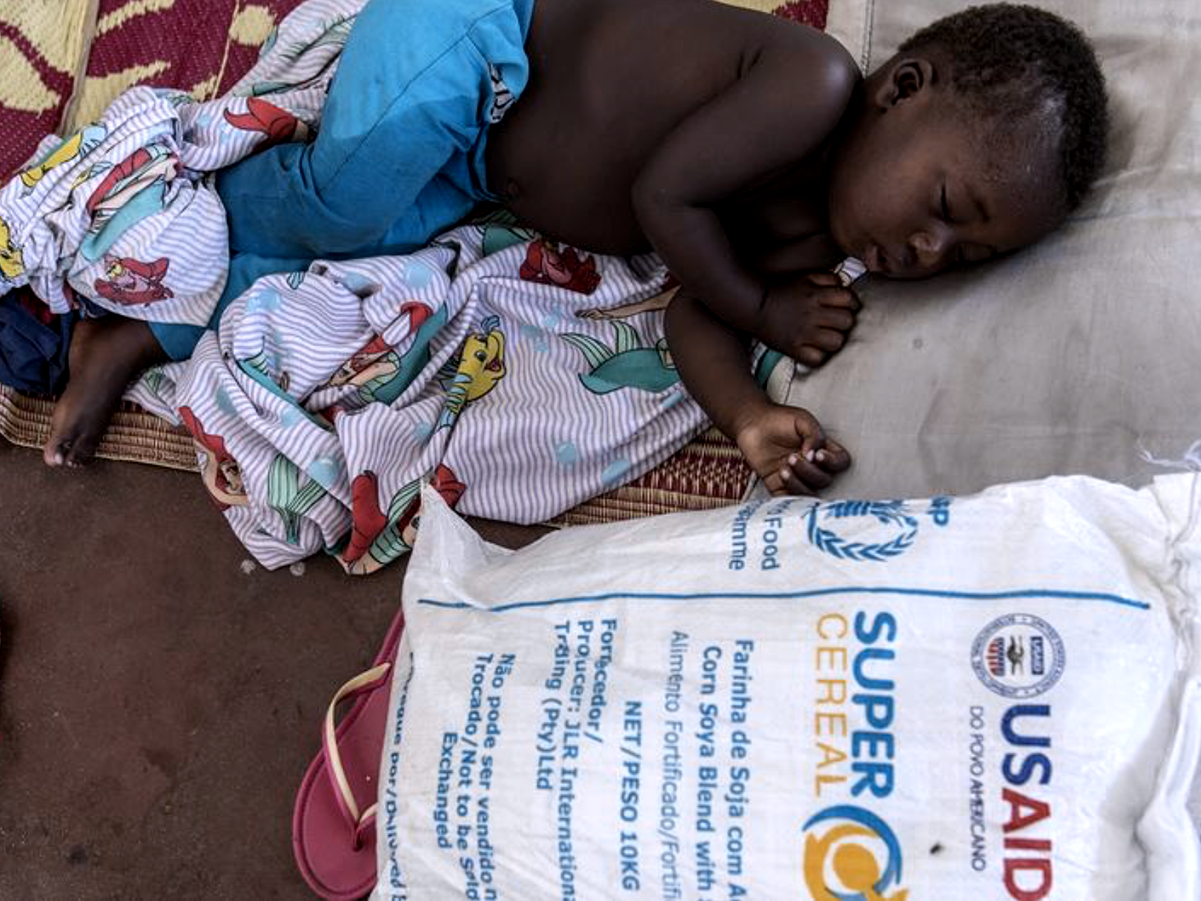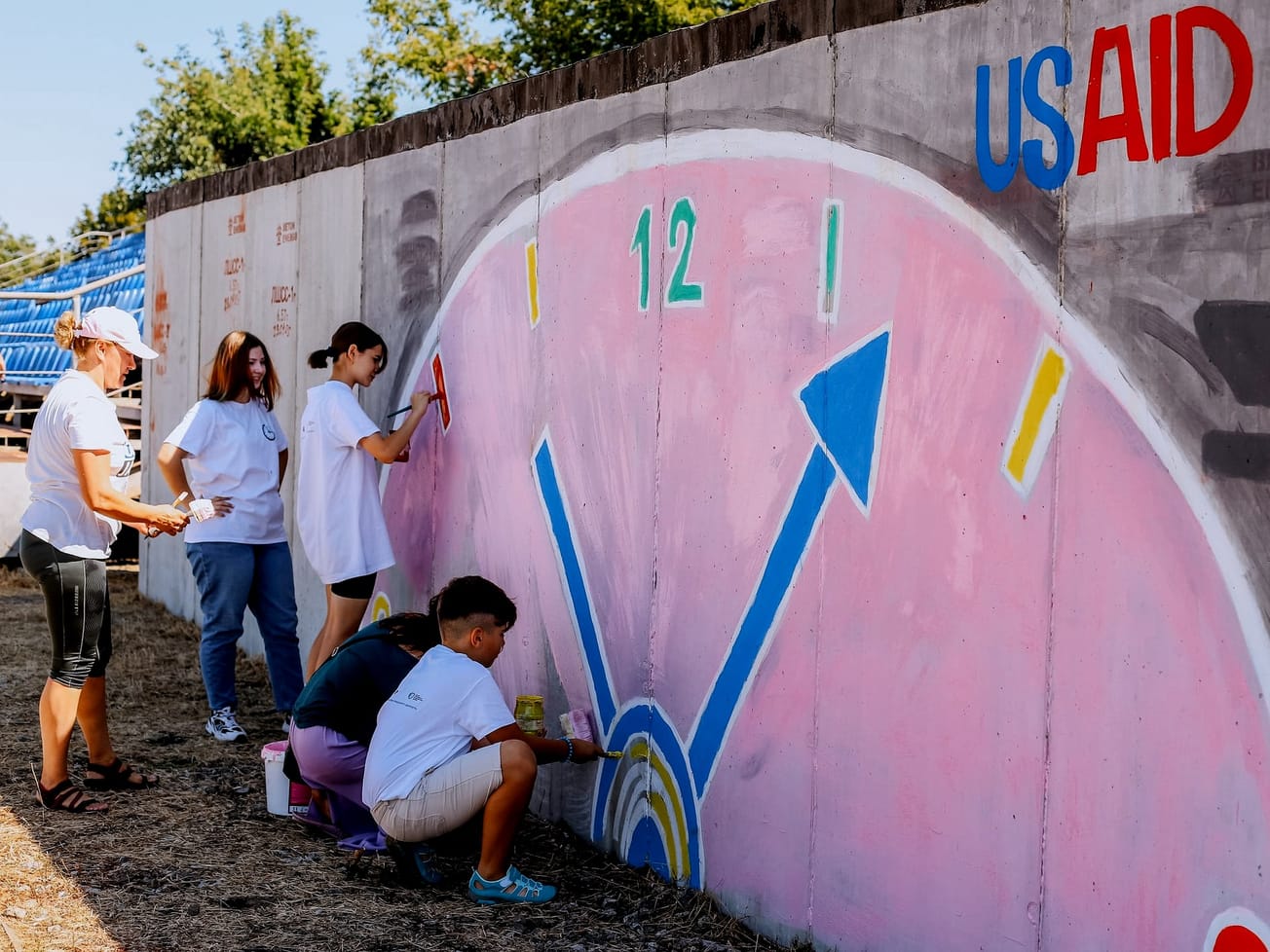GENEVA (AN) — The World Health Organization's director-general blamed racism as a major factor in world leaders' neglect for the unfolding humanitarian crisis in Ethiopia’s Tigray region.
During an otherwise routine press briefing on Wednesday, Tedros Adhanom Ghebreyesus became emotional describing his homeland's devastation as "the worst catastrophe on Earth" caused by conflict, drought and government neglect.









